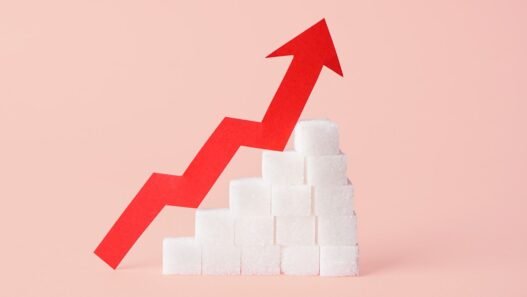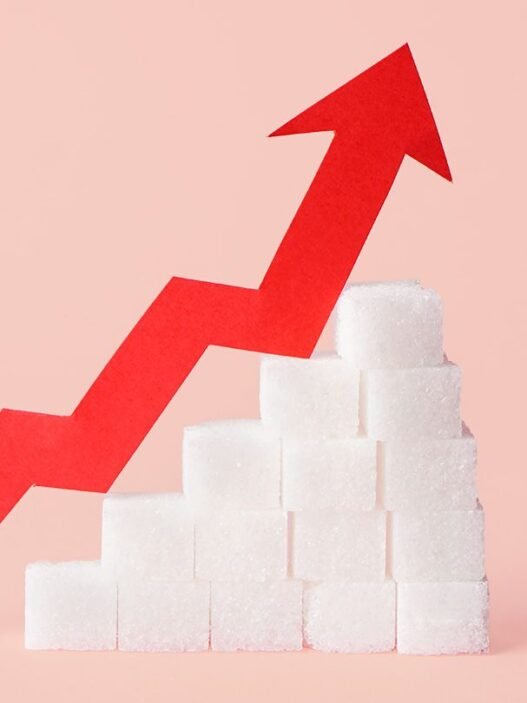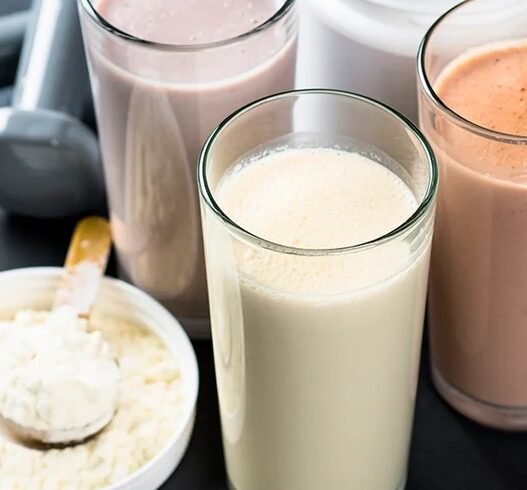We often hear about the health and wellness issues caused by being overweight. However, being underweight also brings many challenges. Here are some issues that can arise from being underweight.
Lack of Energy
Body fat plays an important role in the human body – it helps with temperature regulation, protecting the body from hypothermia, and acts as an endocrine organ. Another function of body fat is serving as a source of energy. When there isn’t enough body fat, which is common for those with very low weight, a person may experience constant fatigue and feel sluggish both at the end of the day and immediately upon waking. It’s difficult to live fully if you have motivation but lack the physical energy to follow through. With insufficient weight, even low-energy tasks, like washing dishes or climbing to the third floor, can feel as exhausting as a full gym workout.
Bone Problems
When weight is low – especially if caused by strict dieting or poor nutrient absorption – bones can suffer. They become brittle, which can lead to fractures and discomfort, for instance, after a workout or a day spent standing. People with a low body mass can also develop osteoporosis, a serious condition that makes bones porous, fragile, and prone to fractures. This condition can affect anyone, but it often results from being underweight and following extremely restrictive diets.
Weakened Immunity
With insufficient weight, the immune system struggles to function correctly. As a result, the body has difficulty fighting off viruses and infections from the environment. This leads to frequent illness, complications of chronic diseases, and symptoms like chronic fatigue, drowsiness, headaches, and low mood.

Development of Eating Disorders
Low body weight is often a consequence of eating disorders. For example, with anorexia, a person is so afraid of gaining weight or looking unhealthy that they starve themselves, losing weight to extreme levels. However, eating disorders can also arise as a result of being underweight. If someone feels uncomfortable in their own body and cannot gain weight, their relationship with food may become toxic. They constantly worry about their weight, which leads to high levels of stress. This can lead to compulsive overeating, where they try to “numb” uncomfortable emotions, usually with unhealthy food. Even if this doesn’t cause weight gain, it can be incredibly harmful to overall health.
Nutrient Deficiencies
Being underweight is often due to a lack of a healthy and balanced diet or an underlying illness that affects the digestive system and other vital body functions. Both of these issues can lead to nutrient deficiencies: either the person isn’t getting enough nutrients from food, or they are simply not absorbed properly. Lacking essential vitamins and minerals can lead to bone issues, anemia, gum disease, dry skin and hair, vision problems, and many other health conditions.
RELATED STORY — 10 Triggers That Make You Overeat
Increased Surgical Risks
Surgical procedures, especially those involving general anesthesia, put significant stress on the entire body. Recovery after surgery relies on the immune system and the body’s stored energy. As noted earlier, those who are underweight may struggle with both immunity and energy levels, making it more challenging to recover after an operation. In some cases, low body weight may even prevent surgery, as it increases the risks of complications or even mortality.
Slow Wound Healing
Not only surgery but also everyday bruises and cuts can take longer to heal for someone who is underweight. They may lack enough iron and protein to support tissue repair, as well as the energy needed for quick recovery. As a result, people with low body weight often find that a simple bruise lingers longer than usual or that a small scratch remains for an extended time, sometimes leaving a scar.
Higher Risk of Heart Attack
While heart attack risk is often associated with being overweight, people with low body weight are also at risk. This is because being underweight can cause a deficiency in serum hemoglobin, which is essential for heart function. When the body lacks sufficient hemoglobin, cardiovascular problems can develop, with heart attack being among the most common concerns.
Body Temperature Regulation Issues
With low body weight, oxygen transport throughout the body can slow down. This is why someone underweight might feel cold even in warm weather or experience chills upon waking. Additionally, a lack of body fat makes it harder to retain heat. For example, after returning home from cold weather, you may warm up temporarily, but this warmth quickly fades, and you begin to feel cold again. This becomes especially problematic if you live in a cold climate.



















